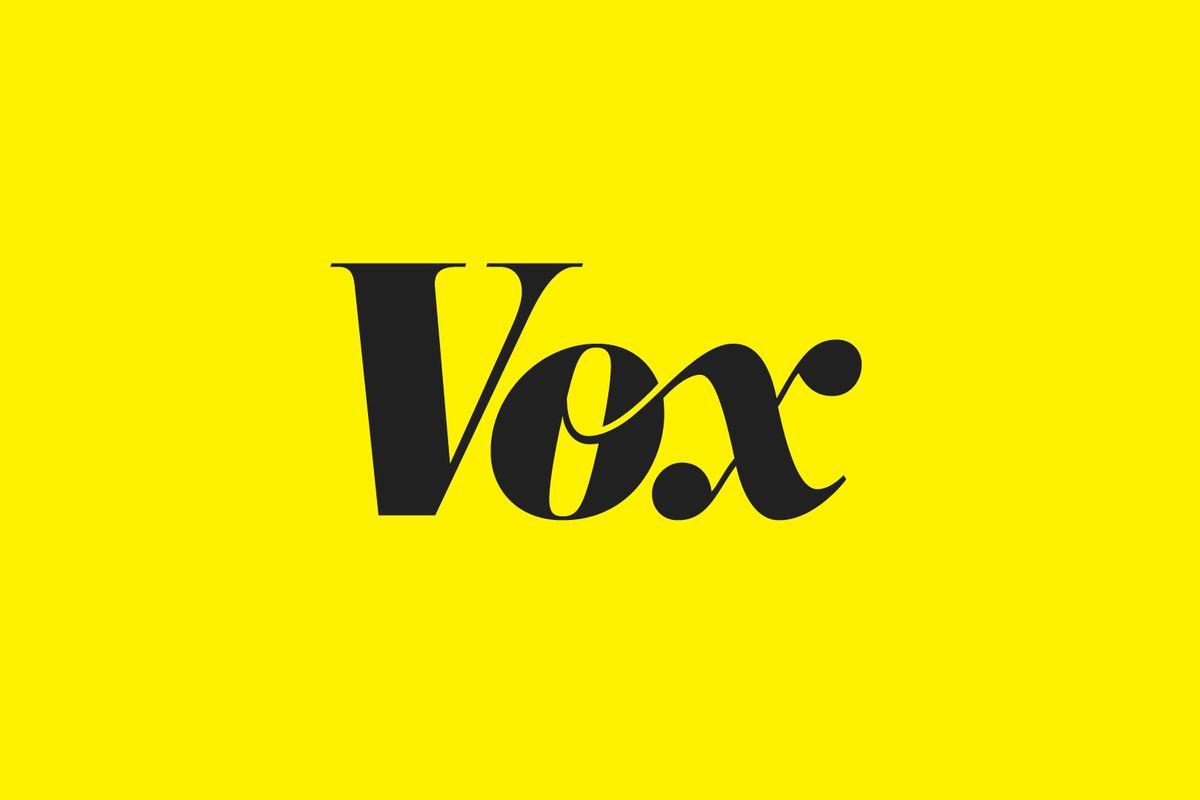After years of allowing anti-vaccine groups and pages to rack up followers on its social network, Facebook announced last month that it wants to lead the world’s largest Covid-19 inoculation information campaign and encourage its users to get vaccinated. It’s also banned users from sharing general forms of vaccine misinformation, like the idea that vaccinations cause autism.
Facebook’s big push is meant to help bring an end to a pandemic that has killed more than 2.5 million people around the world. But for some of the people who have for years been sounding the alarm about the dangers of anti-vaccine groups and pages on Facebook and Instagram, the announcement — even if it’s a step forward — feels like too little, too late...
“Saying that, ‘well, we’re removing false claims and that’s going to solve the problem’ — it’s barely scratching the surface of what’s going on here,” said David Broniatowski, a professor at George Washington University who has studied anti-vaccination communities online. He notes that often, anti-vaccine groups form communities by organizing around “health freedom” and against certain government policies encouraging or requiring vaccination, and don’t necessarily focus on scientific claims about vaccines’ efficacy.


